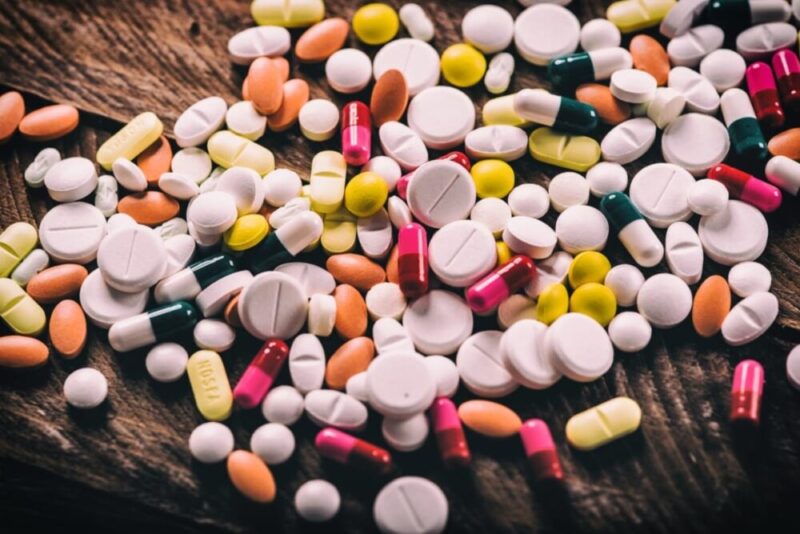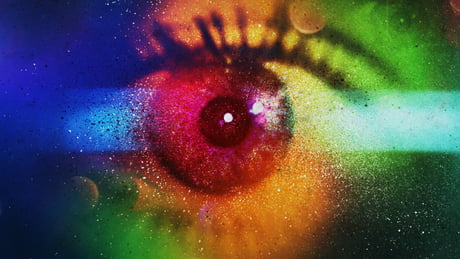LSD: What is it, Effects, and Addiction Treatment
Introduction
Lysergic acid diethylamide (LSD) is a synthetic psychedelic drug known for its ability to alter perception and produce intense visual and auditory hallucinations. It is one of the most potent mood-altering chemicals known, with effects lasting up to 12 hours. LSD is commonly referred to as “acid,” “trips,” or “dots.”
What is LSD?

LSD is a colorless, odorless, crystalline substance that is typically consumed by mouth on small squares of paper, gelatin, or sugar cubes known as “blotters.” It can also be taken in liquid form or injected. Once ingested, LSD is absorbed into the bloodstream and reaches the brain within 20-30 minutes.
Effects of LSD
The effects of LSD vary widely depending on the individual’s dosage, mindset, and environment. Common effects include:
- Visual hallucinations: Seeing objects that are not there, such as patterns, colors, or geometric shapes
- Auditory hallucinations: Hearing sounds that are not there, such as music, voices, or laughter
- Altered perception of time and space: Feeling like time is slowing down or speeding up, or feeling like objects are closer or farther away than they really are
- Intensified emotions: Feeling extremely happy, sad, scared, or confused
- Changes in thought processes: Having difficulty concentrating, thinking in new and creative ways, or feeling like you are one with everything
Risks and Side Effects of LSD

LSD is generally considered to be a safe drug in terms of its immediate physical effects. However, it can cause a number of psychological and emotional problems, including:
- Bad trips: Experiencing intense anxiety, fear, or paranoia
- Psychosis: Losing touch with reality and experiencing hallucinations or delusions
- Flashbacks: Experiencing the effects of LSD again days, weeks, or even months after taking the drug
LSD can also interact with other medications, so it is important to talk to your doctor before taking it if you are on any other medications.
Addiction to LSD
LSD is not considered to be physically addictive, meaning that it does not cause withdrawal symptoms when stopped. However, it can be psychologically addictive, meaning that people may develop a craving for the drug and continue to use it despite the negative consequences.
Treatment for LSD Addiction

There is no specific treatment for LSD addiction. However, there are a number of treatment approaches that can be helpful, including:
- Therapy: Cognitive-behavioral therapy (CBT) can be helpful in teaching people how to manage their thoughts and feelings and cope with stress.
- Support groups: Support groups can provide a safe and supportive environment for people to share their experiences and learn from others.
- Medication: Medications may be used to treat anxiety, depression, or other mental health problems that may be contributing to LSD use.
If you or someone you know is struggling with LSD addiction, it is important to seek professional help. There are many resources available to help people overcome addiction and live healthy, productive lives.
Comments